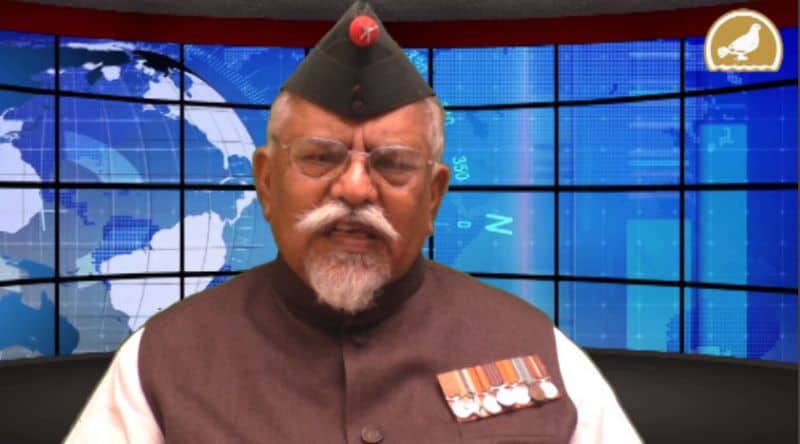Hyderabad: Apart from Sarojini Naidu there were many Hyderabadis who had participated in the India’s freedom struggle. Some of them were: the first Indian who was sent to the Andaman’s Cellular jail in 1858, after the 1857 uprising, and while serving the sentence he breathed his last was none other than Moulvi Allauddin from Nalgonda. He was instrumental to aid and abet Turrabaz Khan, the Nizam’s Army Subedar to attack the British Residency at Sultan bazaar, Hyderabad. However, owing to superior fire power the attack was repulsed and Turrabaz Khan was hanged to death, whereas Moulvi Allauddin was sentenced to life imprisonment and was deported to Andamans. Even smaller star shines in the darkness!
During the 1942 Movement two Hyderabadis, Abid Hasan Safrani and Suresh Chandra joined the Indian National Army (INA) of Subhash Chandra Bose and became his personal secretary and interpreter. Hasan also sailed with Bose in German U-Boat U-180 in 1943 in Bose’s voyage to South-east Asia. It was Hasan an engineering graduate who coined the word ‘Jai Hind’ and suggested to Subhash Chandra Bose that it should be the ‘greeting word’ amongst the INA soldiers. Bose agreed to it and henceforth it became the unifying greeting to symbolize the unity of the new India, Bose was seeking to build.
By one of those contradictions which run through India’s history, the national flag was designed by a Muslim, Badr-ud-Din Tyabji. Originally the tricolour was to have contained the spinning-wheel symbol (charka) used by Gandhi but this was a party symbol which Tyabji thought might strike the wrong note. After much persuasion Gandhi agreed to the wheel because the Emperor Ashoka was venerated by Hindu and Muslim alike for his eclictic views. The flag which flew on Nehru’s car that night had been specially made by Tyabji’s wife. She was one of the nieces of Akbar Hydari of Hyderabad.
(Captain Pandu Ranga Reddy is a renowned historian has done his Ph.D., F.R.A.S. (Lond.); F.R.N.S. (Eng.), M. R. Hist. S. (Lond.))

